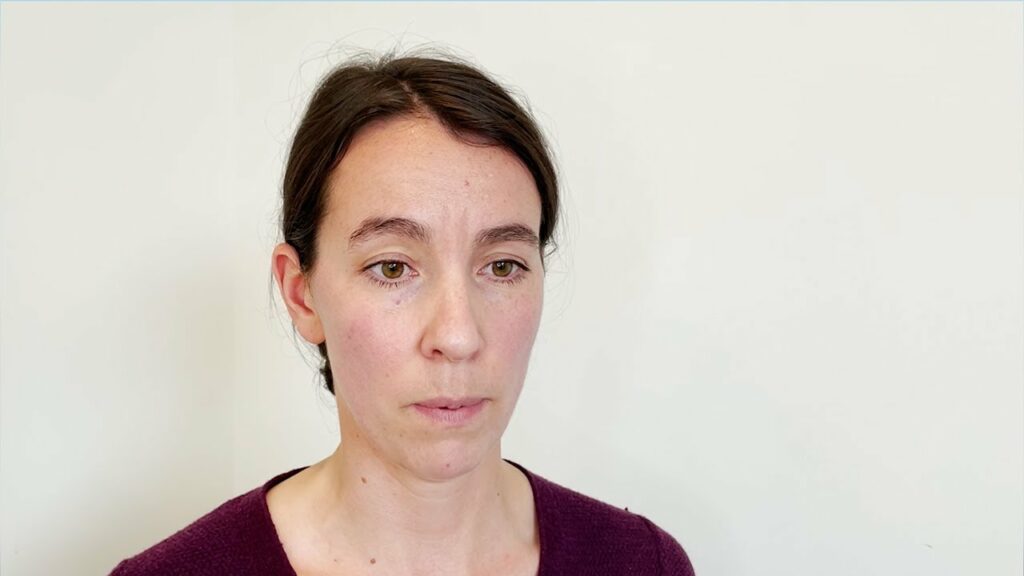You have been waiting to see your baby with a mix of hope, love, and fear about how CHD may affect their life. After planning for so long, your baby has finally arrived.
As you look at this new life that you welcomed into the world, you wish to hold and feed them, and to give them your love. But your baby is in a hospital bed. They may be connected to many machines and receiving constant medical care.
After delivery it is common for CHD parents to feel a lot of emotions when they cannot connect with and protect their baby. These feelings may be especially strong for the mother who is physically recovering from delivery, extremely tired, and experiencing emotions associated with hormonal changes.
You may feel helpless and like everything regarding your baby is uncertain and out of your control. Many parents find some relief from these feelings by getting emotional support. It can also help if you understand what is happening in the hospital during the first few days.
Whether your baby is seriously ill and immediately needs a procedure, or if you will take your baby home before surgery and schedule surgery for a later date, the first few days are filled with medical tests. These tests help the medical team learn how to manage your baby’s condition and make the best plan of care for their CHD.
Basic Things to Know After Delivery
Common Tests for Babies With CHD
Your baby will undergo these routine tests in the first few days after delivery.
1. Head Ultrasound
This is a safe and painless test that uses the same ultrasound technology as the 20-week anatomy scan and the fetal echocardiogram. A head ultrasound looks at some parts of the brain, and it can see if there has been any bleeding in the brain.
2. Abdominal Ultrasound
This test can diagnose some abnormalities in the organs located in or near the abdominal cavity. It also uses ultrasound technology that is safe and painless.
3. Echocardiogram
This is an ultrasound of the heart. Even if your baby’s CHD was diagnosed before birth, the physicians may be able to see more detail in images after delivery and get additional, important information from this echocardiogram.
4. Newborn Screening
This test can diagnose genetic or metabolic conditions that may cause health problems in the future. In the U.S., each state gives screening tests to all newborns for early diagnosis of conditions that would otherwise be missed.
Special Tests Your Baby May Need
Some babies with CHD need more advanced tests. If your ICU care team orders a test that you did not anticipate, they will explain why and what they hope to learn from the results.
Heart Catheterization
This provides physicians with specific types of information that an echocardiogram cannot. Your child will go to a special lab in the hospital where they are sedated for the procedure. A safe dye is injected into your child to help the physicians see what they need to in images of the heart. This study can take up to 6 hours but the length of time varies widely.
CT Angiogram
This is a type of X-ray that takes very detailed images of the heart anatomy. The CT angiogram may also use a dye injection to outline parts of the heart anatomy. This test is relatively fast so your child may not need to be sedated.
Magnetic Resonance Imaging (MRI)
This is an imaging technique that uses magnetic fields to create images of the organs in the body. This test usually requires the child to be sedated.
PARENT TIPThe Care Plan Can Change After Birth
Sometimes a baby’s CHD is accurately diagnosed before birth, and parents are counseled about postnatal testing during prenatal counseling with the fetal cardiologist. In these lucky cases, parents may feel the care after delivery is very smooth, familiar, and low stress.
However, there are times when a baby’s heart condition is not accurately diagnosed or not diagnosed at all before birth. When this happens, it can be a highly stressful time for parents.
Some cases of CHD are also more complex and there may be several treatment options. When this is the situation, the physicians may take several days after delivery to discuss the options and consider their benefits before deciding on a care plan they believe will lead to the best outcome for your child.
FAQs
Rachel Kotheimer, Parent
Sameer Pangrekar, Parent
Julie Sachse, Parent
Kami Skurow-Todd, Nurse
Theresa Tacy, Physician
See the full list of contributors to the CHD Care Compass
Last Update: March 9, 2022